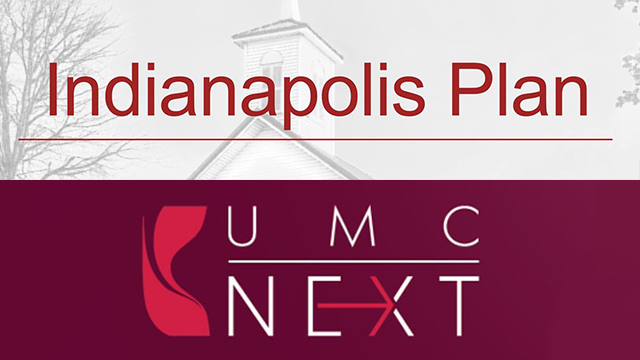
Jesus knew their thoughts and said to them, “Every kingdom divided against itself will be ruined, and every city or household divided against itself will not stand. —Matthew 12:25
No doubt many have considered how Jesus’ warning might relate to The United Methodist Church in its current, critical state of division. And surely, some have asked if the denomination, now in turmoil over its lesbian, gay and bisexual members’ rights to marriage and ordained ministry, can be divided not against itself but within itself.
The consistent answer emerging in several recent UMC reorganization plans is no.
“It appears that we are unable, for now, to walk the same path forward,” said a statement offered with the UMCNext coalition’s new proposal, released August 19. “We can choose to part with a blessing, understanding that our Wesleyan roots will always bind us together even as some may choose to branch out into distinctive expressions of the church.”
Eleven Eastern PA Conference leaders attended the progressive/centrist group’s major planning meeting in May at the UMC Church of the Resurrection in Leawood, Kansas. A follow-up meeting there, Sept. 25-27, during the church’s annual Leadership Institute, will review the new proposal.
It will include legislation proposed in petitions to the 2020 General Conference (May 5-15 in Minneapolis, Minn.). Sept. 18 is the deadline for General Conference petitions.
The UMCNext plan would eliminate the denomination’s restrictions against ordination and same-sex weddings LGBTQ* members, while allowing local churches that disagree to depart and organize into new forms of Methodism. This latest effort to address deep, longstanding division over homosexuality comes from the coalition’s convening team, which includes Reconciling Ministries Network, Uniting Methodists and Mainstream UMC.
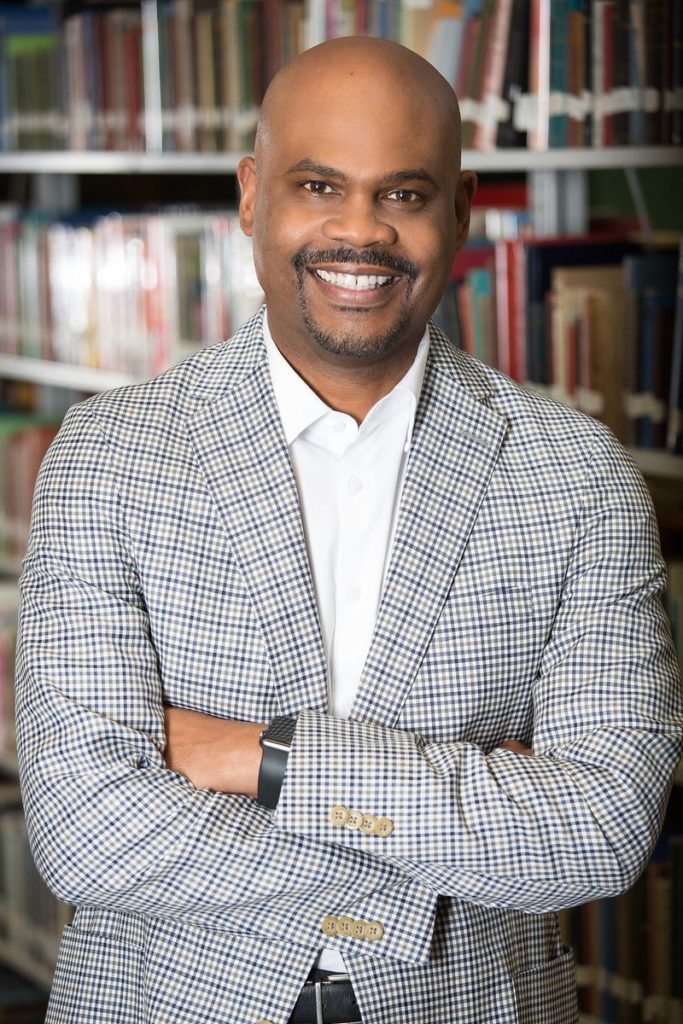
“The UMCNext Proposal allows a creative way for churches to build a new expression of Methodism if desired and a path to create a renewed global United Methodist Church for those who remain,” said the Rev. Junius B. Dotson, executive convener of the diverse team and head of the UMC’s Discipleship Ministries agency.
‘Respectful separation’ to keep the UMC intact
Though the plan is still being developed in petition form, backers say it would keep the UMC intact, while also allowing greater autonomy among its global regions and a liberal “gracious exit” for congregations that want to leave. The plan clearly anticipates the exodus of some churches.
“Respectful separation is a way for us to keep faith with how each region and sector discerns the will of God for Christian living and mission while doing no harm, doing all the good we can and sustaining our attention to loving and serving God,” says a statement released with the plan’s basic components.
The UMC has faced conflict for decades over how accepting to be of homosexuality. The volatile 2019 special General Conference in St. Louis — which by a 438-384 vote approved the Traditional Plan reinforcing restrictions on ordination and same-sex weddings—has led to broad agreement that separation or some form of major reorganization is needed.
The UMCNext Proposal follows the recent public debut of the Bard-Jones Plan, offered by two United Methodist bishops, which called for denomination to remain as an umbrella organization for mostly separate groups. Also recently unveiled is the Indianapolis Plan, developed since June by a small group of centrists, progressives and traditionalists. It would create at least two, and possibly three, separate denominations.
‘We can live next door to one another’
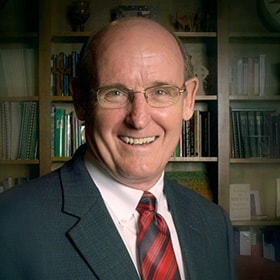
“We’ve discovered The United Methodist Church can’t live in the same house together peaceably, but we can live next door to one another,” said the Rev. Kent Millard, president of United Theological Seminary in Dayton, Ohio, and one of the 12-member group’s organizers.
The Indianapolis Plan envisions a Traditionalist United Methodist Church that would maintain the denomination’s current restrictions on same-sex weddings and ordination of “self-avowed practicing” gay clergy.
A separate Centrist/Progressive United Methodist Church would remove those restrictions, as well as church teaching that the practice of homosexuality is incompatible with Christian teaching.
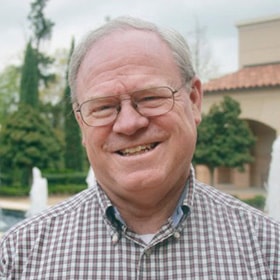
Each denomination would decide what to call itself and could incorporate “United Methodist” into that name. A third, Progressive denomination might also form to require immediate full inclusion of LGBTQ persons.
The Rev. Keith Boyette, president of the traditionalist Wesleyan Covenant Association, was among the dozen leaders, as was the Rev. Darren Cushman-Wood, host pastor of Indianapolis’ North UMC.
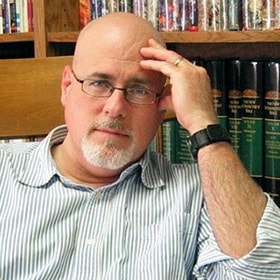
The plan calls for “legal continuation” of the UMC, thus avoiding dissolution, and allows most general church agencies to remain with the Centrist/Progressive church. The group is seeking more input to refine the plan into a General Conference petition.
Talks are ongoing among various groups of church leaders. One, convened by bishops from non-U.S. central conferences, met in mid-August in Virginia and reviewed the UMCNext plan and others. “During candid and prayerful discussions, the group agreed that it seems inevitable that there will be some form of separation of the church as a way to resolve the impasse,” a press release said.
The UMNext proposal would declare an immediate moratorium on charges against LGBTQ clergy, on clergy performing same-sex weddings and on other charges stemming from provisions of the Traditional Plan.
It would also remove from the UMC’s Book of Discipline all language used to restrict pastors and churches from conducting same-sex weddings and annual conferences from licensing or ordaining “self-avowed practicing homosexuals,” the church’s official policy since 1972.
Churches may leave but not annual conferences
The plan would let local churches in annual conferences—whether in U.S. jurisdictional or non-U.S. central conferences—decide by a two-thirds vote to “enter a new life as a Wesleyan church.” That exit offer extends through 2024.
Groups of departing churches that “form a viable denomination,” in the plan’s language, will receive start-up resources using a formula devised with help from a professional mediator. The plan “provides a gracious exit for those who wish to leave, and it allows pastors and churches to minister according to their convictions,” said the Rev. Adam Hamilton, pastor of the UMC of the Resurrection who hosted the May meeting.
The plan currently does not allow for annual conferences to leave the denomination.
Dotson said the UMCNext Proposal is designed to be timely and simple, and to avoid the lengthy process of constitutional amendments. “The concern is that the Judicial Council may not uphold the departure of an annual conference as constitutional,” he said.
Other components of the UMCNext Proposal include:
- Retaining current doctrinal standards of the Book of Discipline.
- Creating a Commission on the 21st Century Church to prepare a comprehensive structure and governance plan for consideration at a special General Conference in 2022 that would serve as a constitutional convention. That assembly would remove all church policy language related to LGBTQ persons and deal with regional conference legislation and adaptation of the Discipline as well as new concordat or covenant agreements among Wesleyan groups.
- Passing legislation currently proposed by the Connectional Table to create a U.S. regional conference
- Allowing departing churches in viable new denominations to contract for services with United Methodist agencies, including Wespath, the United Methodist Committee on Relief and the General Commission on Archives and History.
Dotson said a group of departing churches using Wespath could save at least 40 percent over market rate “to secure their share of unfunded pensions liability.” He said Wespath would define standards to assess the viability of such groups.
*This story is adapted by John W. Coleman using two UM News Service stories written by Sam Hodges.
**While the identification LGBTQ is commonly used, actual UMC prohibitions are against lesbian, gay and bisexual persons only.
